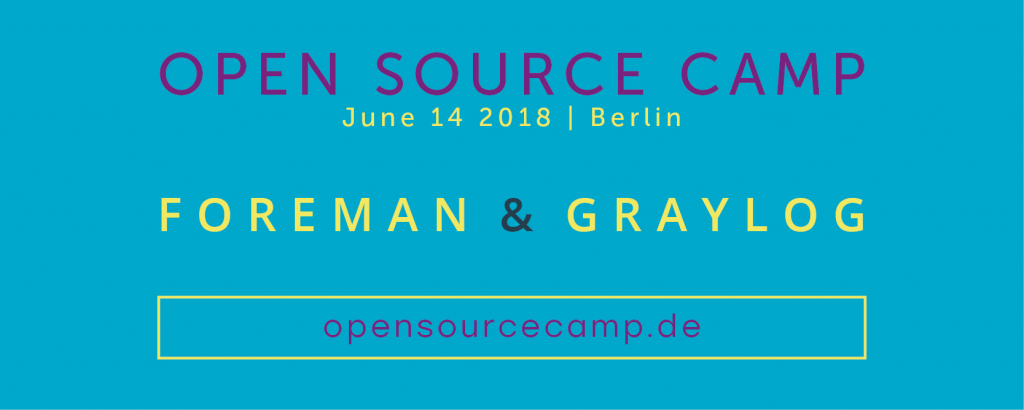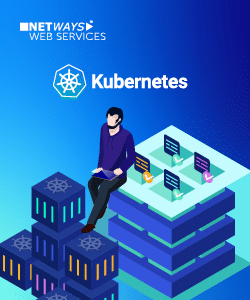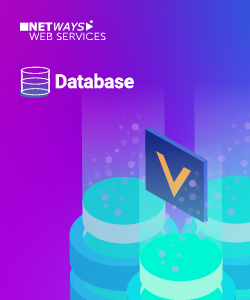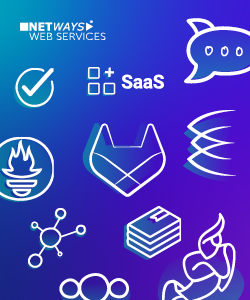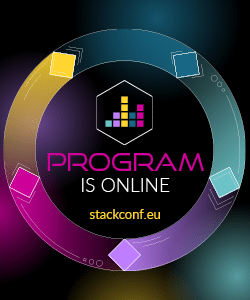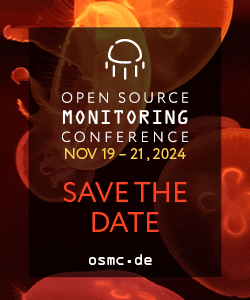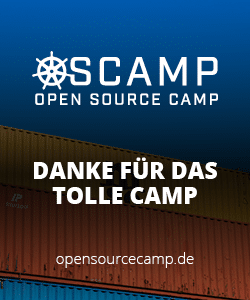
Katello erweitert Foreman um Content-Management oder da es mir primär um Linux-Pakete geht bevorzuge ich den Ausdruck Software-Management. Über Lifecycle-Environments und Content-Views werden hier Snapshots der Repositories erstellt und den verschiedenen Stages nacheinander präsentiert, damit in Produktion auch tatsächlich die Updates landen, die auch vorher getestet wurden. Doch darüber habe ich bereits vor einer Weile geschrieben. Seitdem hat sich zwar einiges weiterentwickelt, insbesondere ist die Unterstützung für Debian dazugekommen. Aber darüber möchte ich berichten wenn auch noch der Support für Errata-Management für Debian soweit ist.
Stattdessen möchte ich auf die Unterstützung für SUSE eingehen. Diese wurde von ATIX entwickelt und als Foreman-Plugin “ForemanSccManager” veröffentlicht. Wer die “Red Hat”-Unterstützung von Katello kennt, wird die Funktionalität recht schnell wieder erkennen. Das Plugin fügt einen neuen Menüpunkt hinzu, der es erlaubt Accounts für den Zugriff auf das SUSE Customer Center anzugeben und die damit verknüpften Softwareprodukte einfach zur Synchronisation auszuwählen. Dies finde ich besonders hilfreich, da SUSE zur Authentifizierung nicht nur mit Benutzer und Passwort sondern auch einem Token in der URL arbeitet, welches das manuelle Handling hier leider erschwert.
Wenn jemand ein paar Screenshots sehen möchte, möchte ich ihn auf die Orcharhino-Dokumentation (einem Produkt auf Basis von Katello) verweisen, denn das Plugin befindet sich schon eine Weile bei ATIX und ihren Orcharhino-Kunden im Praxis-Einsatz. Wer also auf SUSE angewiesen ist und noch eine Lösung für das Softwaremanagement sucht, kann mit Katello und dem ForemanSccManager auf eine modernere Plattform als Spacewalk oder den darauf basierenden SUSE-Manager setzen. Wer bereits auf Katello setzt und SUSE nutzt, dem kann ich nur empfehlen seinen Workflow auf das Plugin umzustellen.

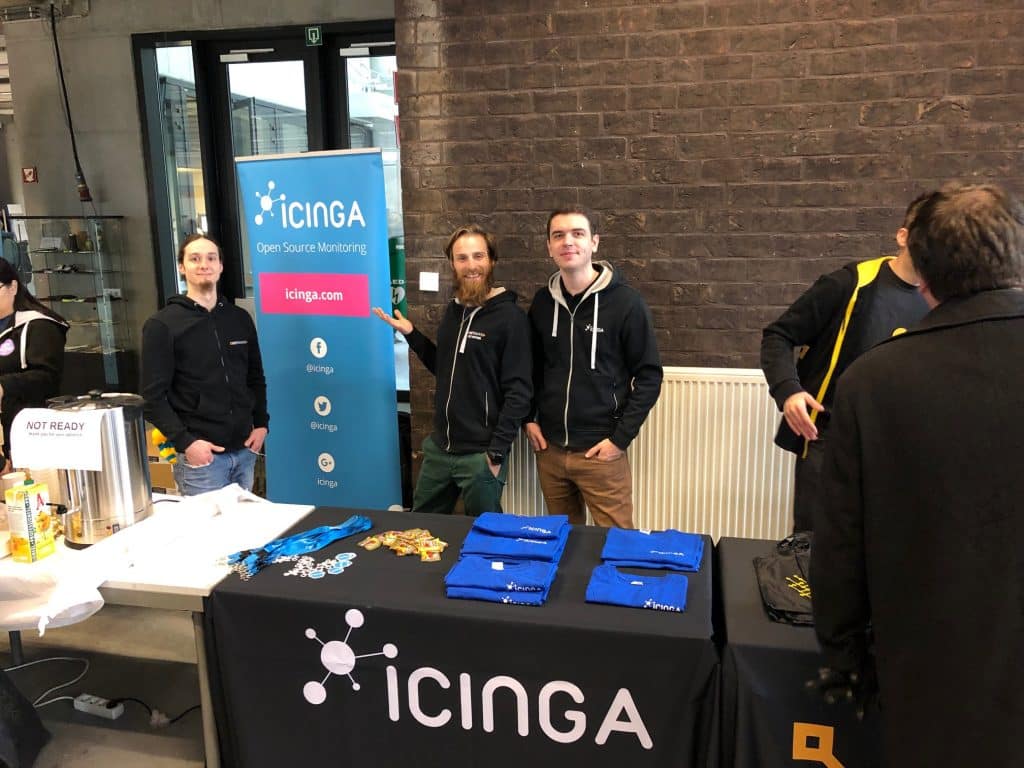



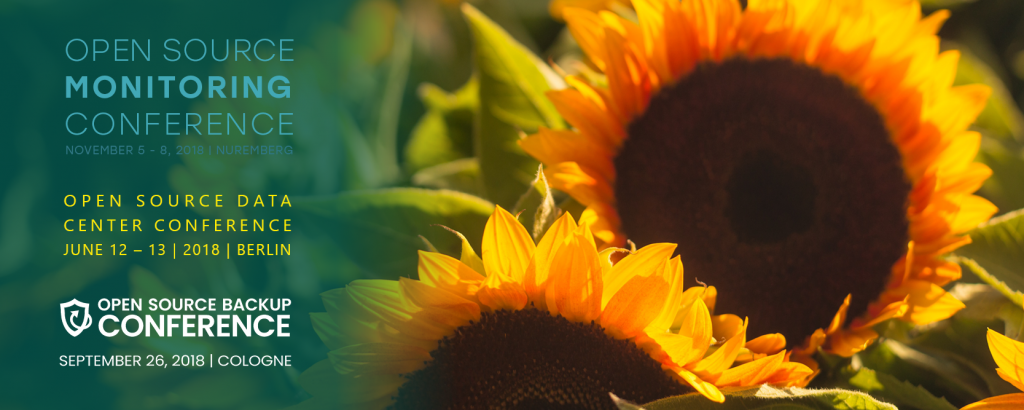
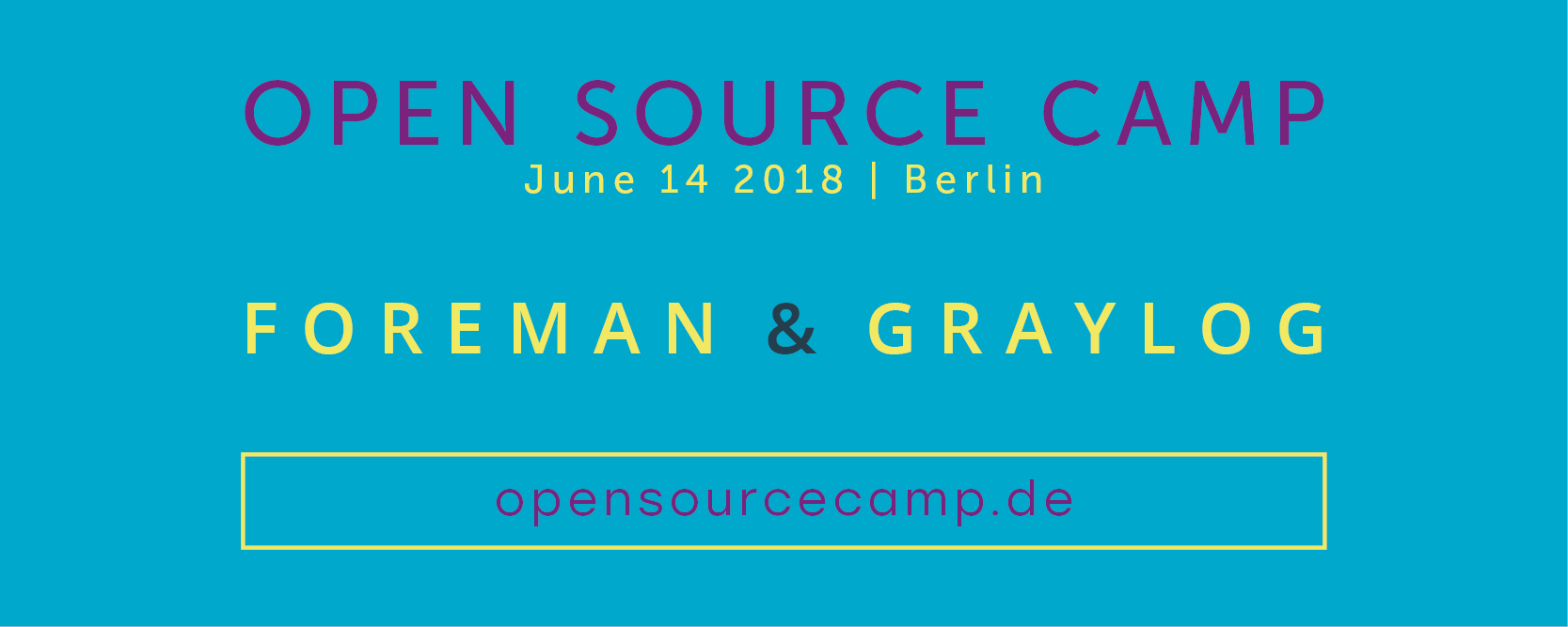 Right after
Right after 